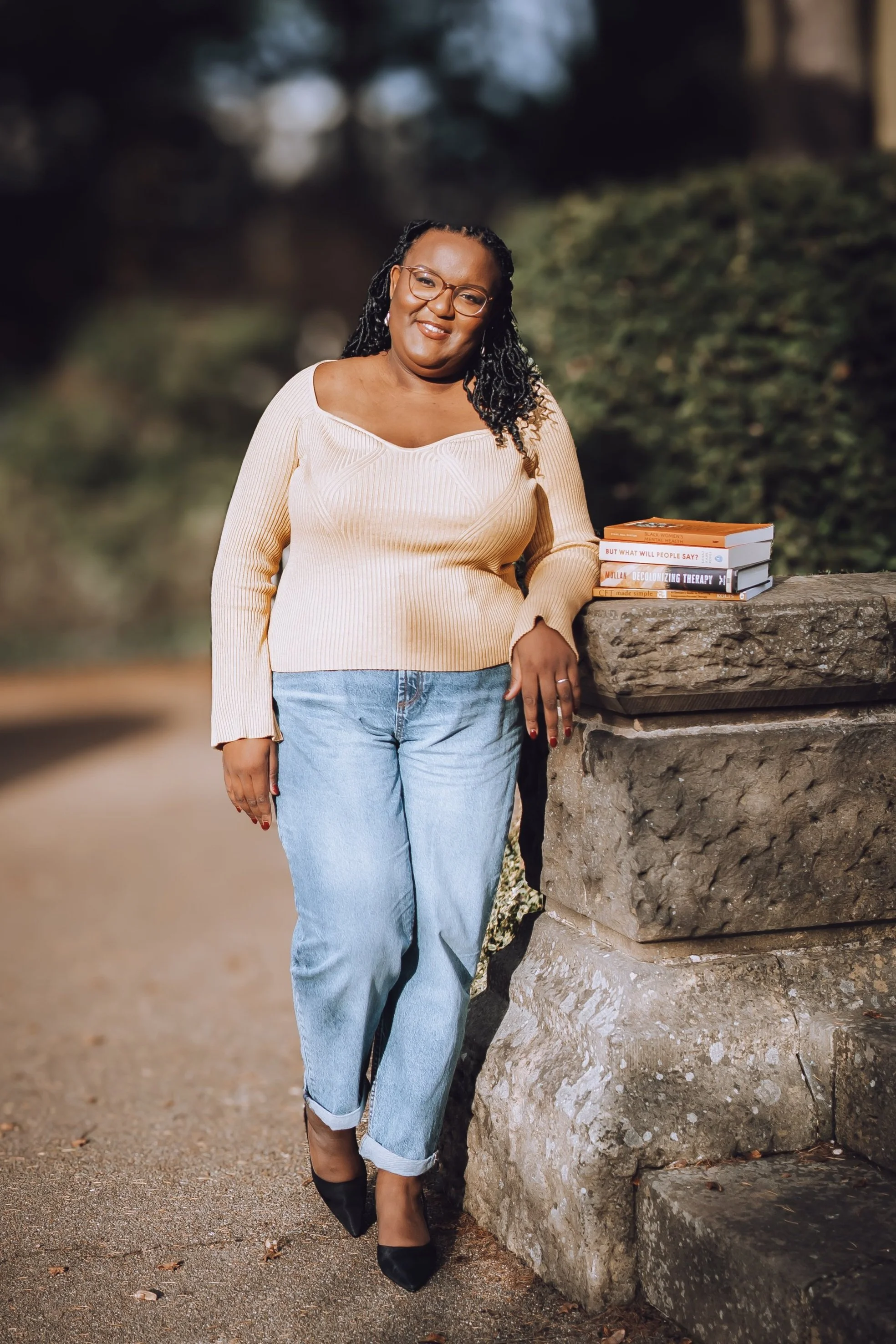
Struggling with Perfectionism in Parenting? These 3 Resources Can Help
Perfectionism in parenting can feel relentless. I used to believe I had to show up flawlessly for my children—avoiding every mistake, never raising my voice, and always having the “right” response. The result? Burnout, shame, and constant self-doubt.
What finally began to shift things for me were not “how-to” parenting guides full of scripts and strategies, but resources that helped me understand myself. Two books in particular—The Book You Wish Your Parents Had Read by Philippa Perry and Parenting for Humans by Dr Emma Svanberg—changed the way I approach motherhood. They showed me that my big feelings made sense, that I wasn’t broken, and that real connection comes from repair and compassion, not perfection.
These parenting books aren’t about forcing yourself into someone else’s mold. They are about seeing how your own story, your own childhood, and your own expectations shape the parent you are—and how you can begin to parent with more freedom, presence, and joy.
And sometimes, the best parenting tool is as simple as loop earplugs!
In this post, I’m sharing the top 3 resources that helped me overcome perfectionism in parenting and why they continue to ground me six years into my journey. If you’ve ever struggled with trying to “get it right” as a parent, these resources might be the compassionate shift you’ve been looking for.

What Evangelicals and Pentecostals Get Wrong About Emotions and What We Should Do Instead…
Theology deeply shapes our view of the world, self and others. Evangelicals and Pentecostals must rethink our relationship with emotions.
Training as a therapist and learning from psychologists, theologians and researchers in the field of trauma and spiritual abuse one thing is true. No matter how well intentioned we are, we need to be able to pay attention to the harm bad theology causes.
When we categories emotions into 'good' and 'bad' we do harm to ourselves and our communities. When we resource ourselves to be able to sit with and move through difficult emotions in community, we heal. And healing is miraculous.
Let's create cultures where healing can happen. Not places where people are shut down or rushed and their experiences minimised or denied.
